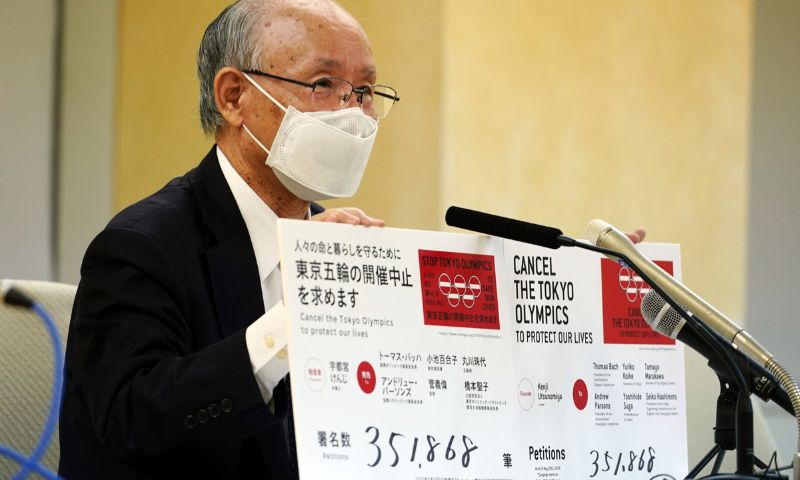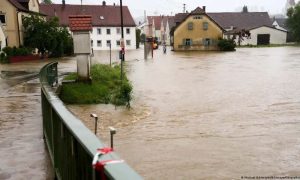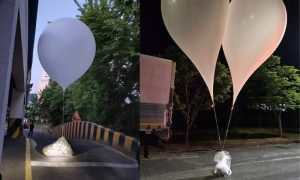TOKYO: Campaigners in Tokyo have presented a new petition containing nearly 225,000 signatures in opposition to a development project that could lead to the felling of thousands of trees and the demolition of a historic baseball stadium in the central Tokyo area of Meiji Jingu Gaien.
Meiji Jingu Gaien, a green space lush with trees donated a century ago to honor Emperor Meiji, serves as a vital green oasis in one of the world’s most extensive urban areas. It has been a respite for Tokyo residents, especially during Japan’s hottest recorded summer this year.
Within this park area stands Jingu Stadium, where legendary American baseball star Babe Ruth captivated audiences in 1934, and celebrated Japanese author Haruki Murakami claims to have found inspiration for his writing career. The site also features a stadium known as the spiritual home of Japanese rugby.
The upcoming redevelopment project, set to commence this month, aims to replace the existing sports facilities with new constructions, including several high-rise buildings, adding to Tokyo’s already dense urban landscape.
The petition submitted on Monday to the government outlines the removal of 1,000 trees. The new baseball stadium will be situated a mere six meters (20 feet) from a boulevard lined with gingko trees, celebrated for their stunning autumn foliage, which draws significant crowds.
Rochelle Kopp, a management consultant who organized the petition and is involved in a legal battle against the project, emphasized the significance of the trees, stating, “These are all huge beautiful trees.”
The International Council on Monuments and Sites (ICOMOS) raised concerns about the project, estimating that approximately 3,000 trees could be endangered, leading to a “heritage alert” issued by the advisory body to UNESCO.
ICOMOS has warned that the redevelopment will result in the complete destruction of an urban forest that has thrived over the past century. Urban parks, it stressed, provide recreational spaces for people, support biodiversity, mitigate urban heat islands, and offer shelter during natural disasters like major earthquakes.
Although the Tokyo Metropolitan Government’s webpage mentions that developers planned to remove 892 trees in January last year, they and the Tokyo government claim that the redevelopment will ultimately increase the number of trees and green spaces.
As of 2015, Tokyo’s percentage of public green spaces such as parks and gardens stood at just 7.4%, one of the lowest among major global cities. This is in stark contrast to New York (27.0% in 2010), Seoul (27.9% in 2019), and London (33.0% in 2022), according to data from the World Cities Culture Forum.























